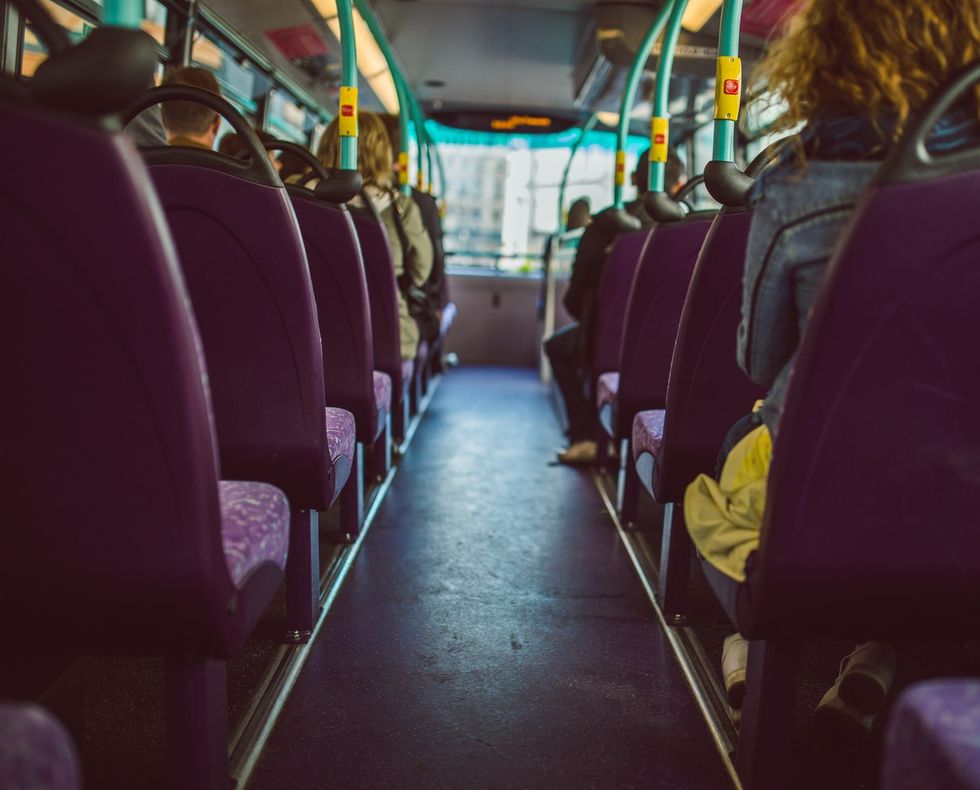For some college students, the use of public transportation is a viable option to commuting to school and back. It may even be a necessity for those going to school far from home without a car.
For those considering taking public transportation, here are some pros and cons to determine if it is the right mode of travel for you.
Pros:
- Pro: Most public transportation fares are cheaper than driving your car across town. There are usually discounted fares for students, disabled, seniors, and children(it may be even free to ride with a student I.D, for college students. Some buses may offer discount monthly passes as well.
- Pro: You can save gas and money, especially if your commute is long. Even if you don't get a discounted fare, the amount of money saved by not driving around could be substantial.
- Pro: There's no need to worry about being stuck in traffic, or finding a parking spot in a crowded parking lot.Whether you are headed to work or school, the added time of finding a parking spot can be the difference between being late and making it on time.
Most buses stop near or in front of major destinations, from shopping centers to universities. This allows you to get off on or near campus without the added worry of finding parking.
- Pro: For students, the added benefit of not having to pay for a semester parking pass. The cost of semester parking permits can be the upwards of $100, so taking public transportation can eliminate that cost, and allow you to save or spend that $100 elsewhere (maybe on groceries?).
Cons:
- Con: Buses can delay, so plan on getting an hour early to your destination in preparation for delays. There are a number of reasons why a bus can be delayed, from a driver calling out sick or the bus having engine problems.
Whatever the case, it is wise to arrive a few minutes before the bus is supposed to arrive, to see if the bus arrives on time, and how long the delay is if it doesn't.
There are usually numbers to call at specific stations to see when the train or bus is arriving, so this can also give you an idea of how late or early it will be.
- Con: Keeping track of the buses/trains, and the stop times can be hectic, especially in larger cities. Most timetables and transit maps are available for any major city online, but the amount of lines and routes intersecting can be overwhelming.
Some sites offer a trip planner, where you can enter your destinations and the best route can be calculated for you. If not, there is usually time tables provided at the transit stations or on the buses themselves that you have to look at and pick out which route works best.
- Con: Some bus stops, or areas can be unsafe, so always be aware of surroundings. Make sure your stop is well-lit at night, and always be aware of who is sitting/standing with you at a specific stop or station.
If you don't feel comfortable waiting for a while at a particular stop, try to find an alternate stop nearby that is occupied by more people and maybe a bit safer than the original stop.
















